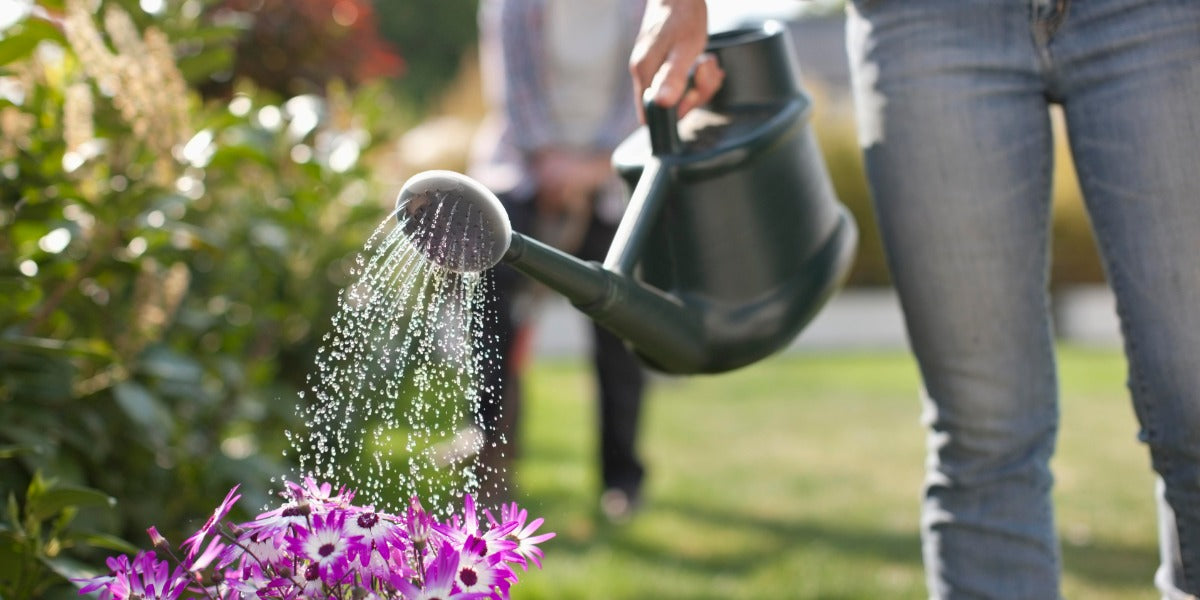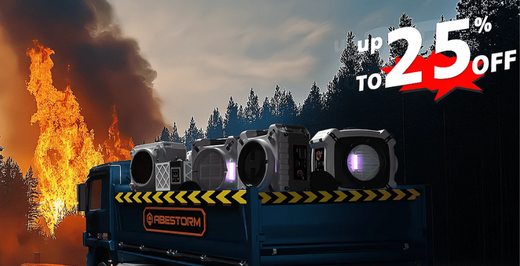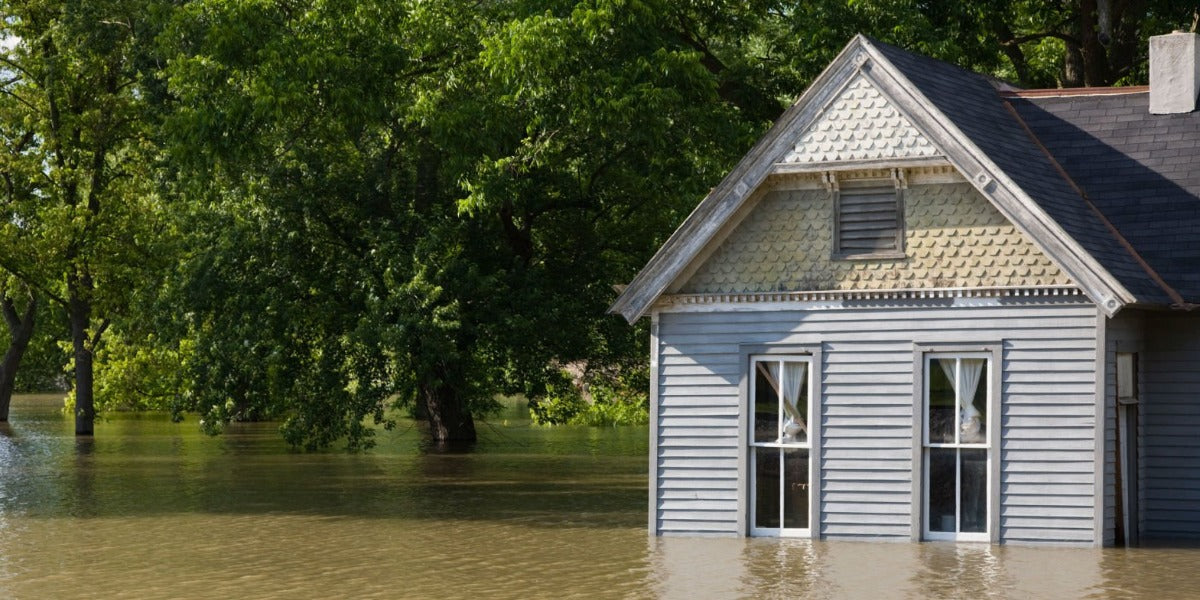Do you ever get that strange feeling while casting off the water from a dehumidifier like you’re wasting something very precious? We’ve all been taught that saving water is like saving our planet. Now, you can dump this feeling as there are some ways to use this water again.
Dehumidifiers are essential appliances for maintaining optimal indoor humidity levels, particularly in areas prone to dampness and excess moisture. These devices not only help in preventing mold and mildew but also improve overall air quality. However, one common question that arises is, what to do with water from dehumidifier? This blog explores various uses for dehumidifier water, addresses its safety, and offers practical tips on making the most of this resource.
Understanding Dehumidifier Water
Dehumidifiers work by drawing in humid air, cooling it to condense the moisture, and then collecting this water in a reservoir. This process results in a steady supply of water that many people are unsure how to utilize. A frequent question that arises is, "Is water in a dehumidifier distilled?" The answer is no. Although the water collected is relatively free of minerals and impurities, it is not distilled. Distillation involves boiling water and collecting the steam, a process that removes all impurities, which does not happen in a dehumidifier.
Understanding what to do with water from a dehumidifier starts with knowing its composition. The water from a dehumidifier is essentially the result of moisture extraction from the air, which means it may still contain dust, bacteria, and other airborne particles. Despite not being distilled, this water has various potential uses. Knowing how to safely handle and utilize dehumidifier water can turn a simple byproduct into a beneficial resource.
Is Dehumidifier Water Safe to Drink?
The two common queries among dehumidifier users are, “Is water in a dehumidifier distilled? and "Is dehumidifier water safe to drink?" As we’ve discussed the answer for the first already. The straightforward answer to the second query is no. While the water collected from a dehumidifier is relatively clean, it is not purified or distilled. It may contain various contaminants, including bacteria, mold spores, and airborne particles that are not safe for consumption.
Why Dehumidifier Water Isn't Safe for Drinking:
Contaminants
The water collected from the air can harbor contaminants such as dust, bacteria, and possibly mold spores. Since dehumidifiers are not designed to purify water, these contaminants remain in the collected water.
Presence of Heavy Metals
Some dehumidifiers use metal coils that can leach small amounts of metals into the water, making it unsafe to drink.
Lack of Filtration
Unlike water purifiers or filters, dehumidifiers do not filter the water for safe consumption. The absence of a filtration system means any harmful particles present in the air can end up in the water.
While dehumidifier water is not safe for drinking, it is still a valuable resource for various non-consumable uses around your home. By understanding its limitations and potential hazards, you can safely and effectively use dehumidifier water in ways that benefit you and your household without risking your health.
Practical Uses for Dehumidifier Water
Now that we've covered that dehumidifier water is not safe for drinking purposes, let's explore some practical uses for this byproduct. While it's not safe to drink, there are several beneficial dehumidifier water uses around your home.
Watering Plants
One of the most common uses for dehumidifier water is watering plants. Since the water is relatively free of minerals, it's suitable for most houseplants. However, it's essential to avoid using it on edible plants, as the water might contain traces of contaminants.
Flushing Toilets
Another excellent way to use dehumidifier water is for flushing toilets. This can significantly reduce your water bill, especially if you collect a substantial amount of water daily. Simply pour the collected water into the toilet tank or directly into the bowl.
Cleaning Purposes
Dehumidifier water can be used for various cleaning tasks around the house. It's great for mopping floors, washing windows, or cleaning outdoor furniture. Since it’s almost mineral-free, it won’t leave streaks or spots, making it ideal for these purposes.
Ironing Clothes
If you use a steam iron, dehumidifier water can be an excellent alternative to tap water. The low mineral content reduces the chances of clogging the iron with mineral deposits, ensuring it works efficiently for longer periods.
Car Maintenance
Use dehumidifier water for topping up your car's radiator or windshield washer fluid. Its low mineral content makes it suitable for these applications, preventing mineral buildup in your car's systems.
By finding practical dehumidifier water uses, you can reduce water waste and make the most out of this byproduct. Just ensure that any use of dehumidifier water is safe and appropriate for the task.
How to Properly Dispose of Dehumidifier Water
If you find that you can't use all the water your dehumidifier collects, proper disposal is essential. Here are some tips on how to dispose of dehumidifier water responsibly:
Pour It Down the Drain
The most straightforward way to dispose of dehumidifier water is to pour it down the drain. This method ensures the water is channeled into your home's wastewater system, where it will be treated before being released back into the environment.
Use It in Your Garden
While not suitable for edible plants, you can safely pour dehumidifier water around the base of non-edible garden plants. It can help water your garden, especially during dry periods, without wasting potable water.
Add It to Your Compost Bin
Water from a dehumidifier can be used in your compost bin. The moisture helps break down organic matter, speeding up the composting process. Just be cautious if you suspect the water contains any harmful contaminants.
Maintenance Tips for Your Dehumidifier
To ensure your dehumidifier operates efficiently and produces the cleanest water possible, regular maintenance is crucial. Here are some maintenance tips for your crawl space dehumidifier or any other dehumidifier model:
Clean the Water Collection Bucket Regularly
Empty and clean the water collection bucket regularly to prevent mold and bacteria buildup. Use a mild detergent and warm water to clean the bucket thoroughly.
Replace or Clean Filters
Check the air filters regularly and clean or replace them as needed. Clean filters ensure your dehumidifier operates efficiently and improves the quality of the water it collects.
Inspect Coils and Other Components
Inspect the dehumidifier's coils and other components for dust and debris buildup. Clean these parts carefully to maintain optimal performance.
Check for Leaks and Blockages
Ensure there are no leaks or blockages in the drainage system. Clear any blockages and fix any leaks promptly to prevent water damage or inefficient operation.
Schedule Professional Maintenance
Consider scheduling professional maintenance once a year to ensure your dehumidifier is in top condition. A professional can thoroughly inspect, clean, and service your unit, extending its lifespan and maintaining its efficiency. So, reach out to our professionals at Abetorm to carry out the whole process effectively without any worries.
Conclusion
Understanding what to do with water from a dehumidifier can help you make the most of this byproduct while ensuring your home remains healthy and efficient. Dehumidifier water is not safe to drink, but it has numerous practical uses, such as watering plants, flushing toilets, and cleaning. Proper disposal and regular maintenance of your dehumidifier ensure it continues to operate effectively.
Investing in a crawl space dehumidifier can provide significant benefits, from preventing mold growth to improving indoor air quality and protecting your home's structural integrity. By following the tips and advice outlined in this blog, you can effectively manage dehumidifier water and maintain a healthy, comfortable living environment.
Ready to improve your home's air quality and manage humidity levels effectively?
Explore Abestorm's range of crawl space dehumidifiers and find the perfect solution for your needs. Visit Abestorm today to learn more about our products and take the first step towards a healthier home.









2 comments
Abestorm
It is not recommended for washing clothes. The water collected by dehumidifiers is condensed from moisture extracted from the air; it is called condensate. Although this water may look clear, it usually contains dust, bacteria, and possibly tiny contaminants, so it is not recommended to use it directly for washing clothes and especially not for drinking or cooking.
However, you can use this water for other purposes that do not come into direct contact with your body, such as:
Cleaning floors
Watering flowers (but be aware that some plants may not be suitable for this water)
Flushing toilets
If you do want to use the dehumidifier water for washing clothes, you can use it for initial dirty laundry, but it’s best to use clean tap water for the final rinse.
It is not recommended for washing clothes. The water collected by dehumidifiers is condensed from moisture extracted from the air; it is called condensate. Although this water may look clear, it usually contains dust, bacteria, and possibly tiny contaminants, so it is not recommended to use it directly for washing clothes and especially not for drinking or cooking.
However, you can use this water for other purposes that do not come into direct contact with your body, such as:
Cleaning floors
Watering flowers (but be aware that some plants may not be suitable for this water)
Flushing toilets
If you do want to use the dehumidifier water for washing clothes, you can use it for initial dirty laundry, but it’s best to use clean tap water for the final rinse.
Stella
Can you use it for laundry?
Can you use it for laundry?
Shop For Dehumidifier